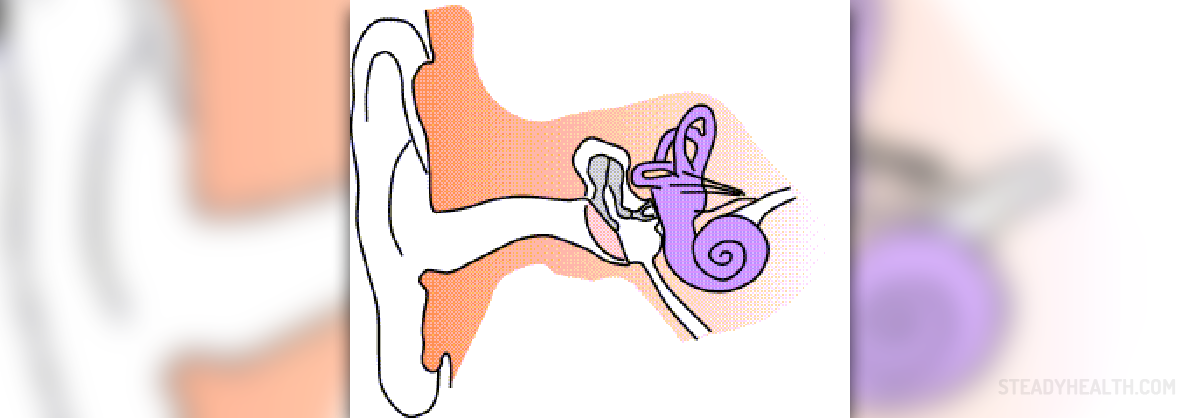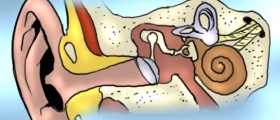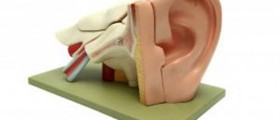
InnerEar Dizziness
Thetwo major functions that the inner ear performs are balance andhearing. The inner ear consists of what is known as balance fluidinside a small organ that is lined with very small hairs on theinside. These hairs are basically sensors that detect whether or notthe fluid is touching them, and by analysing which hairs the fluid istouching, the brain can determine the tilt of the head. An infectionof the inner ears throws off the function of these hairs, and thusthe brain's perception of balance. This can affect anyone at anypoint in their lives.
Dizzinessis a fairly normal thing that is experienced by everyone at one pointor another. Common causes include consuming too much alcohol orstanding up too fast. Many different things can cause a feeling ofdizziness, but when one experiences a specifically spinning feeling,it is usually due to inner ear dizziness, also called vertigo.
Vertigois usually caused by quick changes in the body's position and thelength of the dizzy sensation. It is often accompanied by ringing inthe ears or diminished hearing, lasting anywhere from 30 minutes to afull day. Vertigo can also be caused by various neurologic dysfunctions, medications or infections of the inner ear.
Diagnosis
Innerear dizziness is diagnosed by conducting an ENG(electronystagmogram). This test helps determine the efficiency withwhich the brain, eye and inner ear interact to maintain balance whilemoving, and helps identify any possible tissue damage or nervedisconnection.
Thephysician put electrodes on the forehead near the eyes to track eyemovement as certain activities are carried out. Eye movement is alsorecorded as the eyes track a moving object and any abnormalities areanalysed, as they will indicate an inner ear problem.
Symptomsof Vertigo
Thereare many symptoms involved with vertigo that can be mistaken forother illnesses or afflictions. Such symptoms include ear pain,blurry vision, headaches, loss of short-term memory, bright lightsensitivity, nausea, joint or muscle pain, anxiety, motion sickness,intolerance to temperature extremes, changes in air pressure,tiredness, tremors of the limbs, slurred speech and mood swings.
Tohelp alleviate some of the symptoms of vertigo, some steps can betaken. Drinking plenty of water and other fluids will help, as willreducing the amount of salt consumed. A consistent sleeping patternis always healthy. Maintaining one's blood pressure or sugar levels(whether high or low) is the key in preventing dizziness or fainting.
Continuingproblems with inner ear dizziness can be cause for alarm and a doctorshould be consulted immediately. The earlier these symptoms arerecognised, the more easily the problem can be treated.

















Your thoughts on this
Loading...